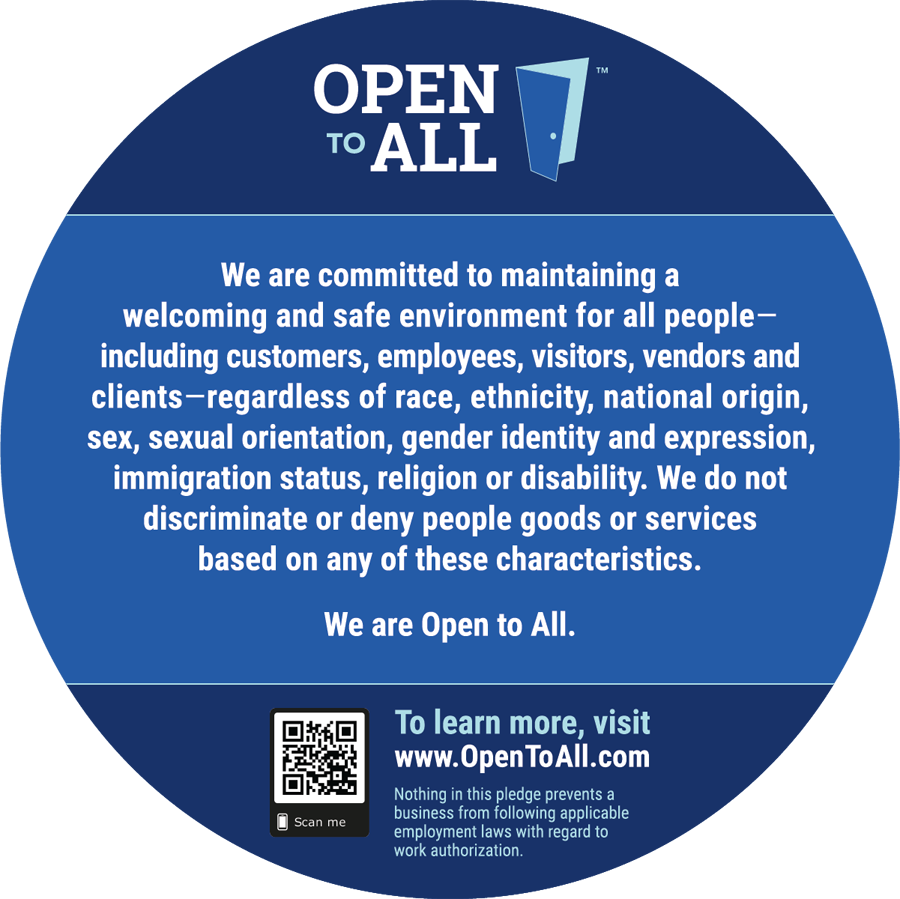Whether you work in an organization of 10 or 10,000, there is probably at least one person you’re particularly not fond of. You think they’re loud and opinionated, or lazy and irresponsible, melodramatic or insensitive, too silly or too serious. You avoid them in the hallways and elevators. You cringe when they comment in meetings. You wait for the day when they’ll get fired or choose to leave.
I do it. I know you’re doing it, too.
As much as it hurts not to be liked, it hurts even more not to like someone. Every moment that you’re in contact with that person, your mind is filled with negative thoughts. And that negativity permeates your being.
There is one reliable way to overcome this: choose to make this person your friend. “But I don’t want to!” is the natural response. Yes, you absolutely don’t want to. No one does. And that’s why doing it anyway is so crucial. Be the one who tries.
Start by sending a simple email. “I want to know you better.” Ask her to lunch. Ask him to join you for a drink after work.
The worst they can say is No. But you’ll still know you tried. And so will they.
Chances are they’ll say Yes, tentatively. Choose a date and time, sometime soon, to show them you mean it. Go by their desk and say, “I know this seems totally out of left field, but I’m really looking forward to it.” Help them look forward to it, too.
When you’re finally there, sitting across from this person you’ve spent so much energy avoiding, release your perceptions and judgments. This is your chance to meet each other again as if for the first time. There is no need to dredge up the past. Your only goal is to create a new present for you both.
Relieve the awkwardness with honesty. “I’ve never felt like we get along.” “I’ve never really taken the time to understand what you do.” “I don’t get you, but I want to.” I’m here, and I’m trying.
Where is he from? Where does she live? How long has she been married? How old are his kids? What did he study in college? When did she move here?
Can you answer any of these questions now?
How long have they been working at your company? How did they come to work there? What do they do day-to-day? How much is it what they expected it would be? How has it changed over time? How well do they get along with their manager? How effective are their direct reports? What about their job do they love the most? What do they wish they could change? How can you help them to change it?
The answers to the questions hold the key, the key to your empathy. It may be tough to unlock. You’ve invested so much in characterizing them as the antagonist in your story, even if they don’t know it. Recasting them will go against your instincts. But asking these critical questions and carefully listening to the answers will give you no choice but to reconsider the role.
Imagine the weight that will be lifted off your shoulders. Imagine the power and satisfaction of creating a new alliance, all because of your willingness to let go. Imagine the positive chain reaction you’ll create in their lives, enabling them to follow your lead in reaching out to the people they’ve discounted and don’t really understand. Imagine the culture of organizational empathy you can cultivate.
So bust down the fences. Extend an olive branch. Acknowledge the whole person you haven’t been appreciating.
Compassion is contagious.
Make peace.
Related Posts:
- User Experience is Not Enough April 21, 2012 | 43 comments
- The Purpose of a Business is to Create a Customer August 13, 2012 | 18 comments
- The Management Problem August 29, 2012 | 4 comments
- The Most Valuable Thing They Teach at Harvard Business School August 14, 2012 | 2 comments
- On Empathy and Apathy: Two Case Studies August 21, 2012 | 59 comments



Leave a Reply